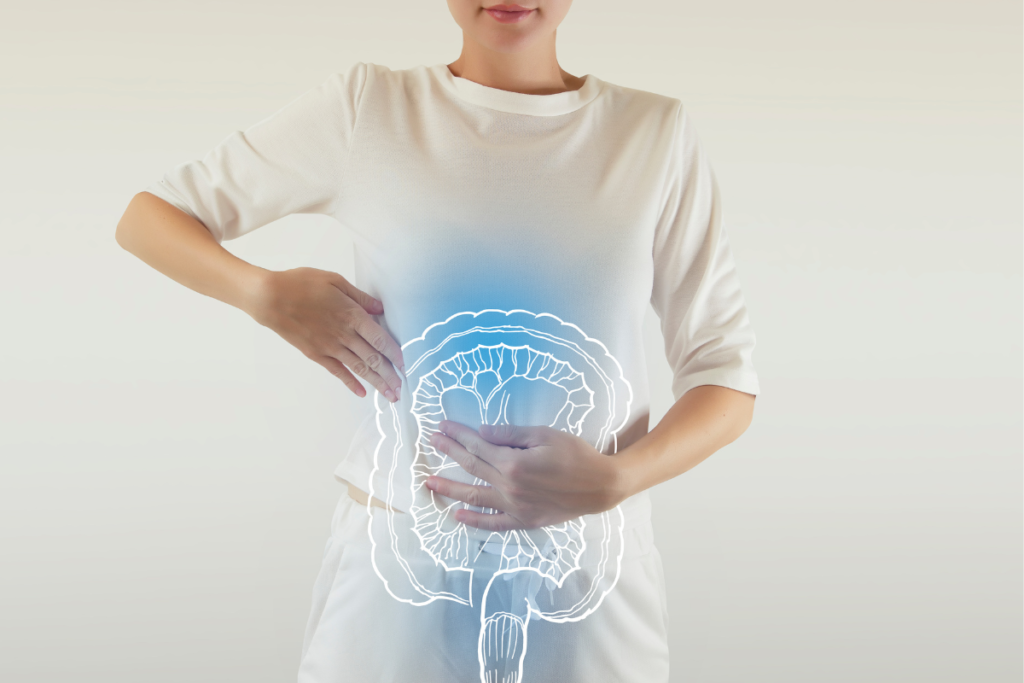Crohn’s disease, ulcerative colitis, and other chronic digestive tract inflammations are referred to as inflammatory bowel disease (IBD). Both disorders impact the intestines and can cause symptoms like tiredness, severe diarrhea, and abdominal pain. In India, IBD is becoming increasingly common, and managing it effectively requires knowledge of its origins, symptoms, and available treatments.
What is IBD?
IBD encompasses two primary diseases:
● Crohn’s Disease: A medical condition that can damage, inflame, and cause ulcers in any portion of the GI tract (mouth to the anus).
● Ulcerative Colitis: Only the colon (large intestine) is affected by ulcerative colitis, which results in persistent inflammation and ulcers in the colon lining.
Symptoms of IBD:
● Abdominal Pain and Cramping: Common in Crohn’s disease and ulcerative colitis.
● Diarrhoea: Severe and sometimes bloody diarrhoea, especially in ulcerative colitis.
● Fatigue: Feeling tired or not energetic.
● Weight Loss: Since nutrients cannot be absorbed correctly, weight starts dropping rapidly.
● Fever: Low-grade fever can occur during active flare-ups.
Causes and Risk Factors:
1.Genetic Factors: If you have someone in your family with this disease, you, too, are at a higher risk of developing it.
2. Immune System Dysfunction: When the body’s immune system attacks the digestive system, IBD will occur, due to which it is called an autoimmune disease.
3. Environmental Triggers: Stress, diet, and infections can worsen symptoms and trigger flare-ups.
4. Smoking: Smoking is a risk factor for Crohn’s disease, though it may have a protective effect against ulcerative colitis.
Treatment Options:
1. Medications:
● Anti-Inflammatory Drugs: Aminosalicylates (5-ASA) help reduce inflammation in the intestines.
● Immunosuppressants: Medications like azathioprine help suppress the immune system to prevent attacks on the intestines.
● Biologic Therapy: Biologic medications like infliximab and adalimumab can target specific immune system proteins involved in IBD.
● Antibiotics: Used to treat infections or complications associated with IBD.
2. Surgery:
● In cases where IBD can not be controlled, especially ulcerative colitis, by medications, surgery is required, which involves partial or complete colon removal (Colectomy).
3. Dietary Management:
● An anti-inflammatory, nutritious diet can help with symptom management. A customized nutrition plan is necessary since some individuals may experience flare-ups due to specific foods.
FAQs
Is it possible to treat IBD?
Currently, there is no cure for IBD, but with proper treatment, the condition can be managed, and symptoms can be controlled.
How is Crohn's illness different from ulcerative colitis?
Crohn’s disease can impact any area of the digestive system, but ulcerative colitis solely affects the colon.
IBD and cancer: is it possible?
Yes, long-term inflammation due to IBD increases the risk of colorectal cancer, particularly in those with ulcerative colitis.
Disclaimer:
This information is for educational purposes and should not replace professional medical advice. Always consult a healthcare provider for personalised recommendations.
How HealthPil Can Help:
HealthPil connects you with gastroenterologists and IBD specialists who can provide a tailored treatment plan for managing IBD. Schedule your consultation today!

